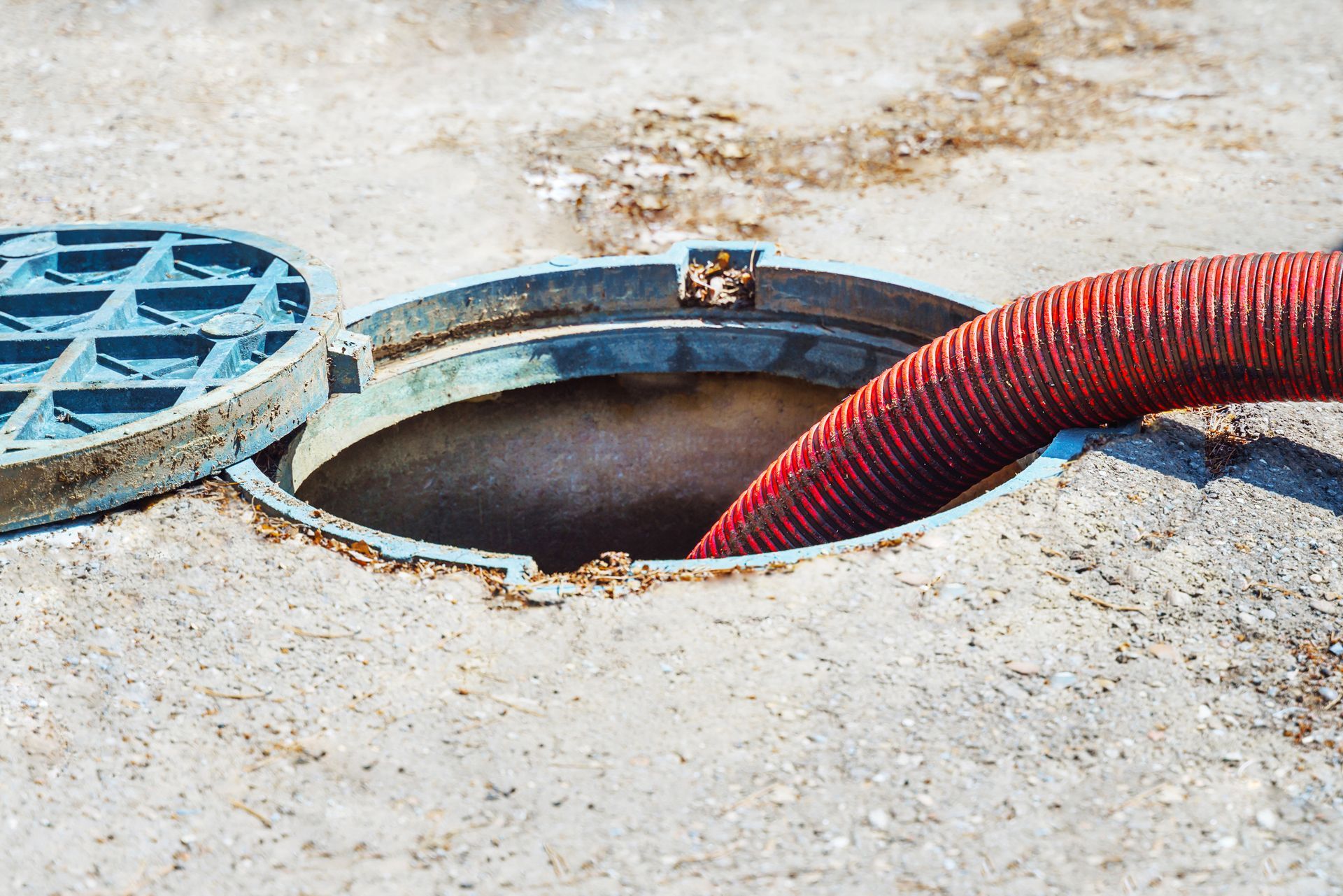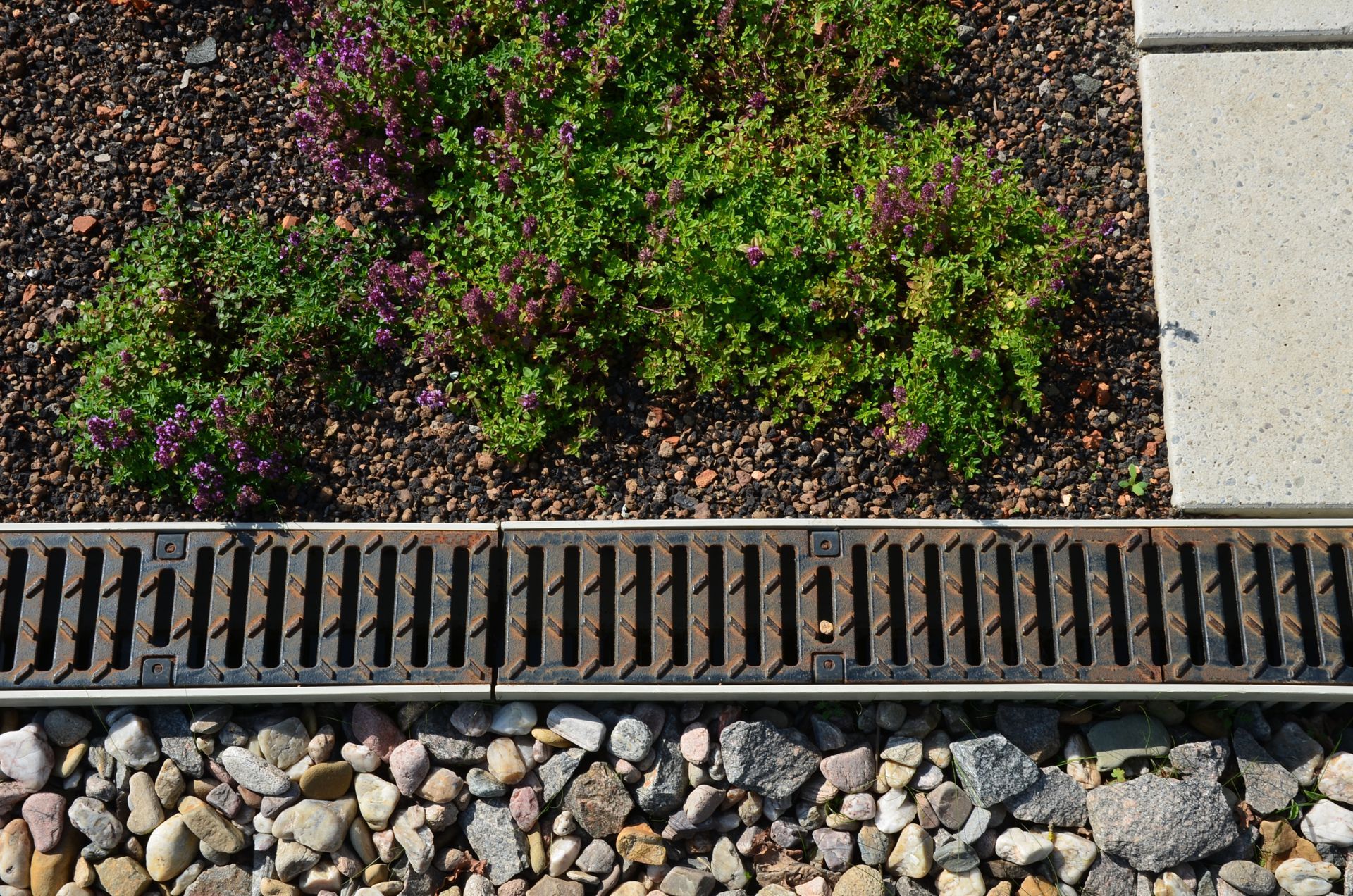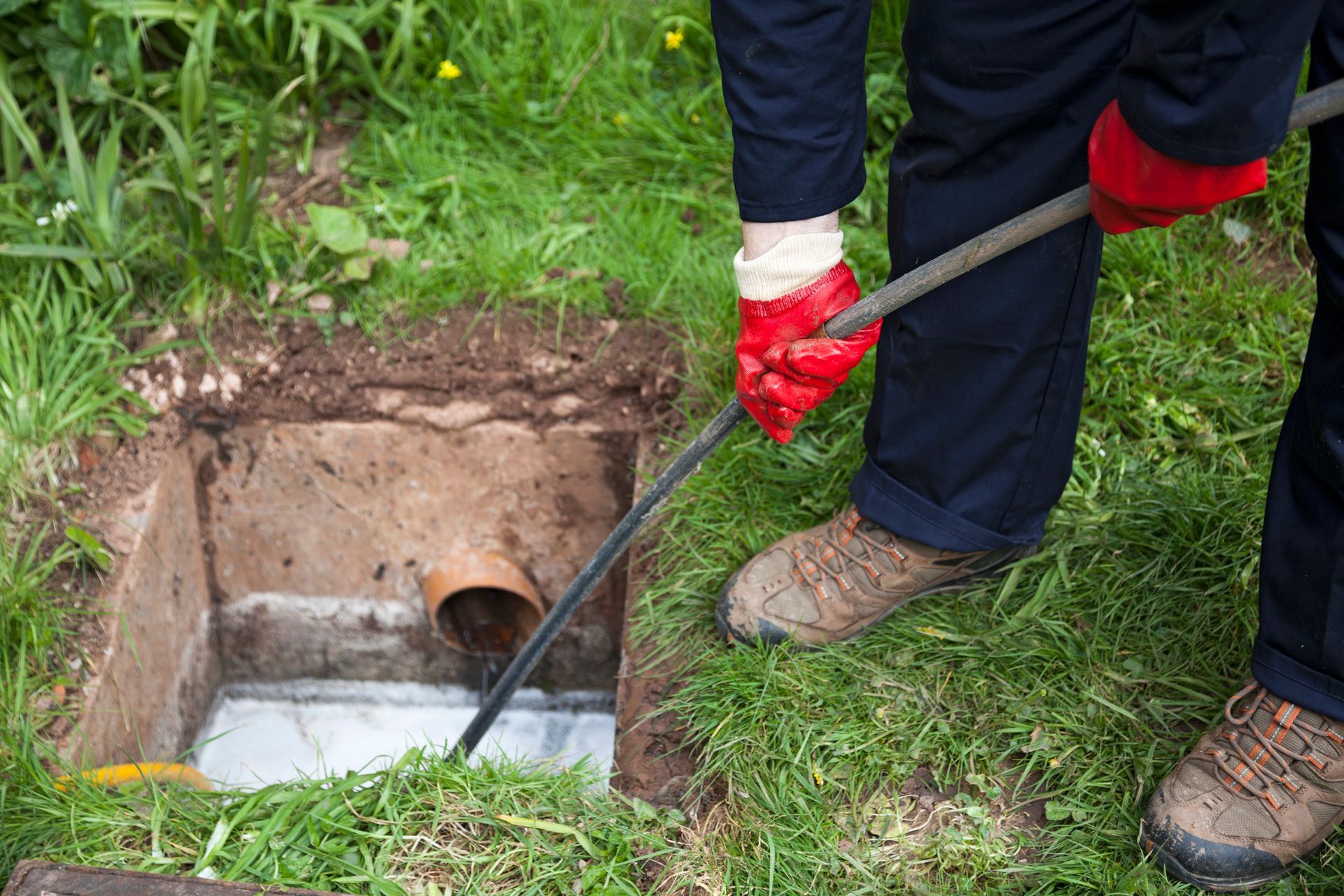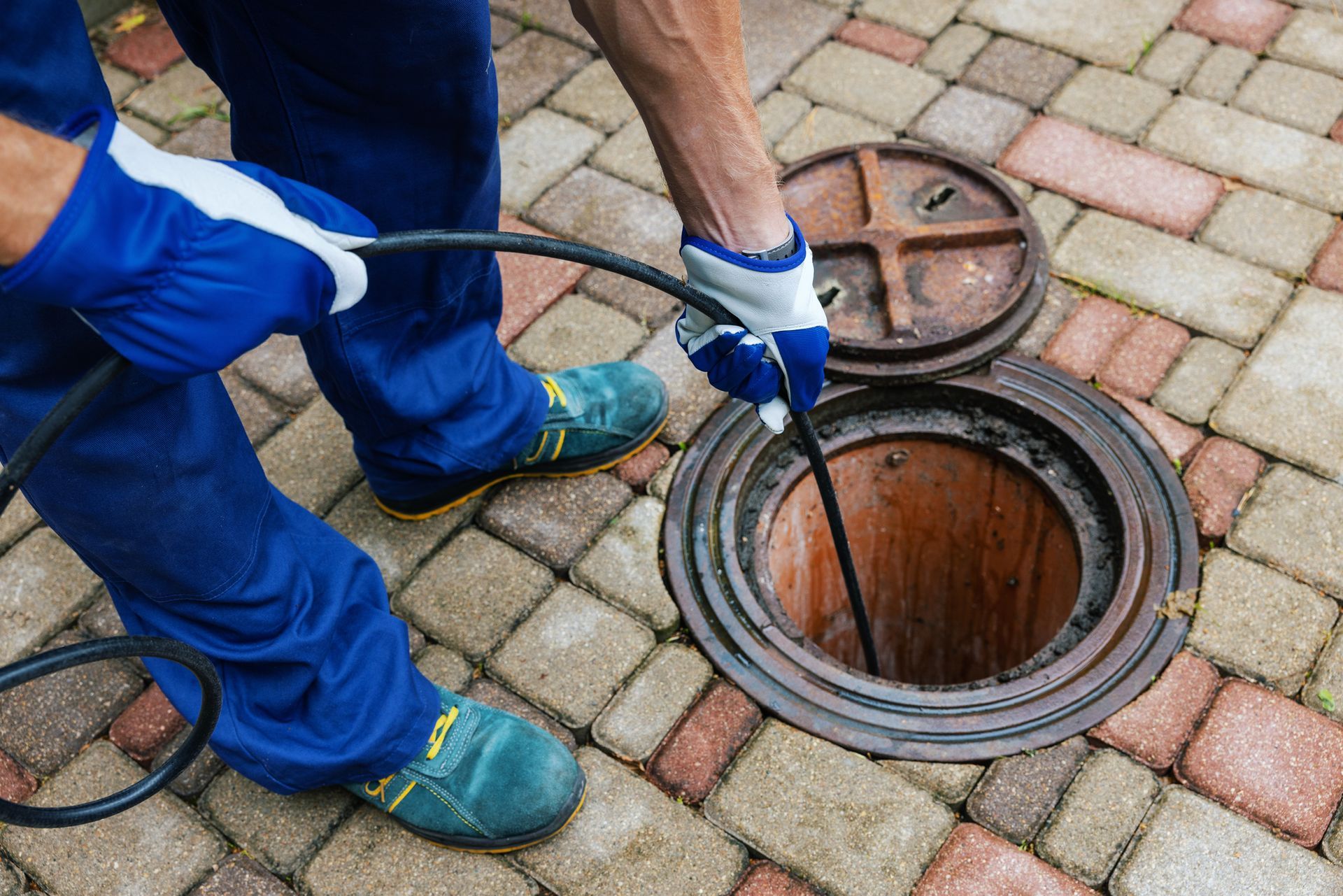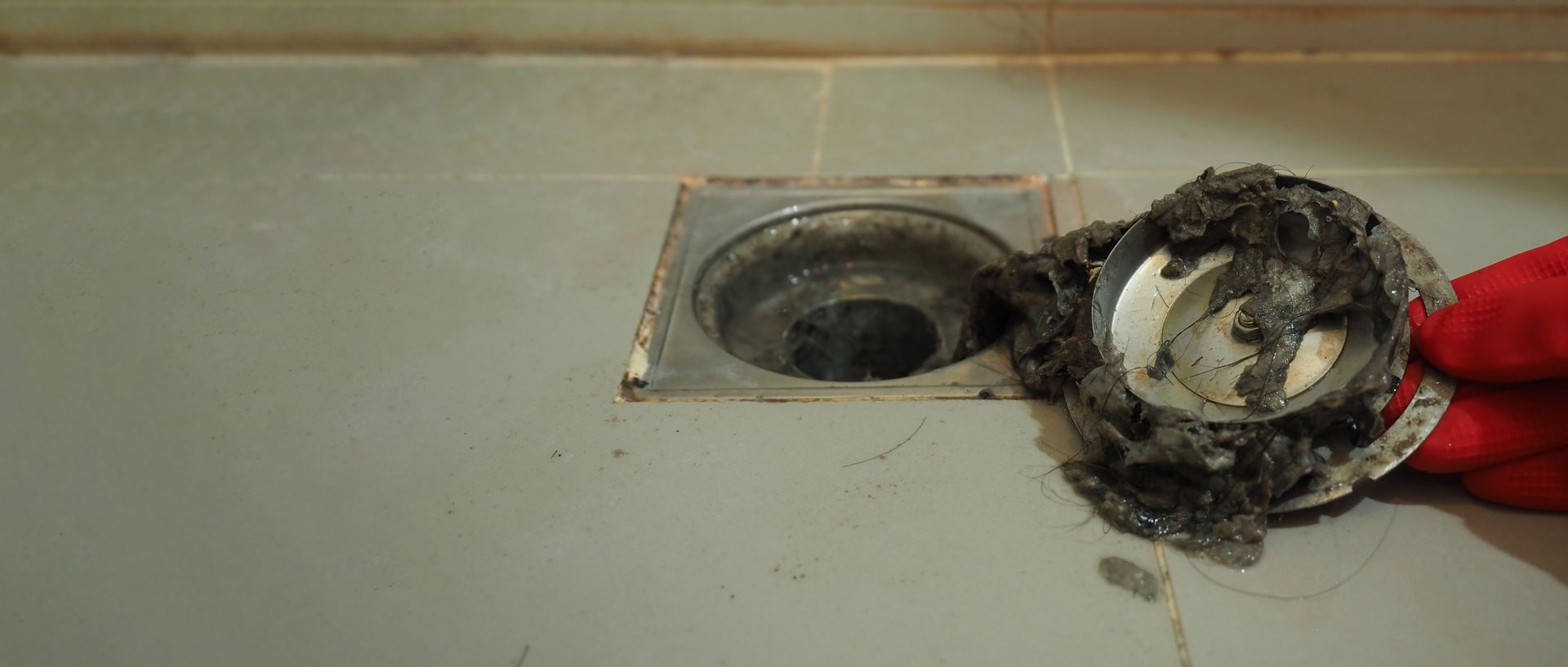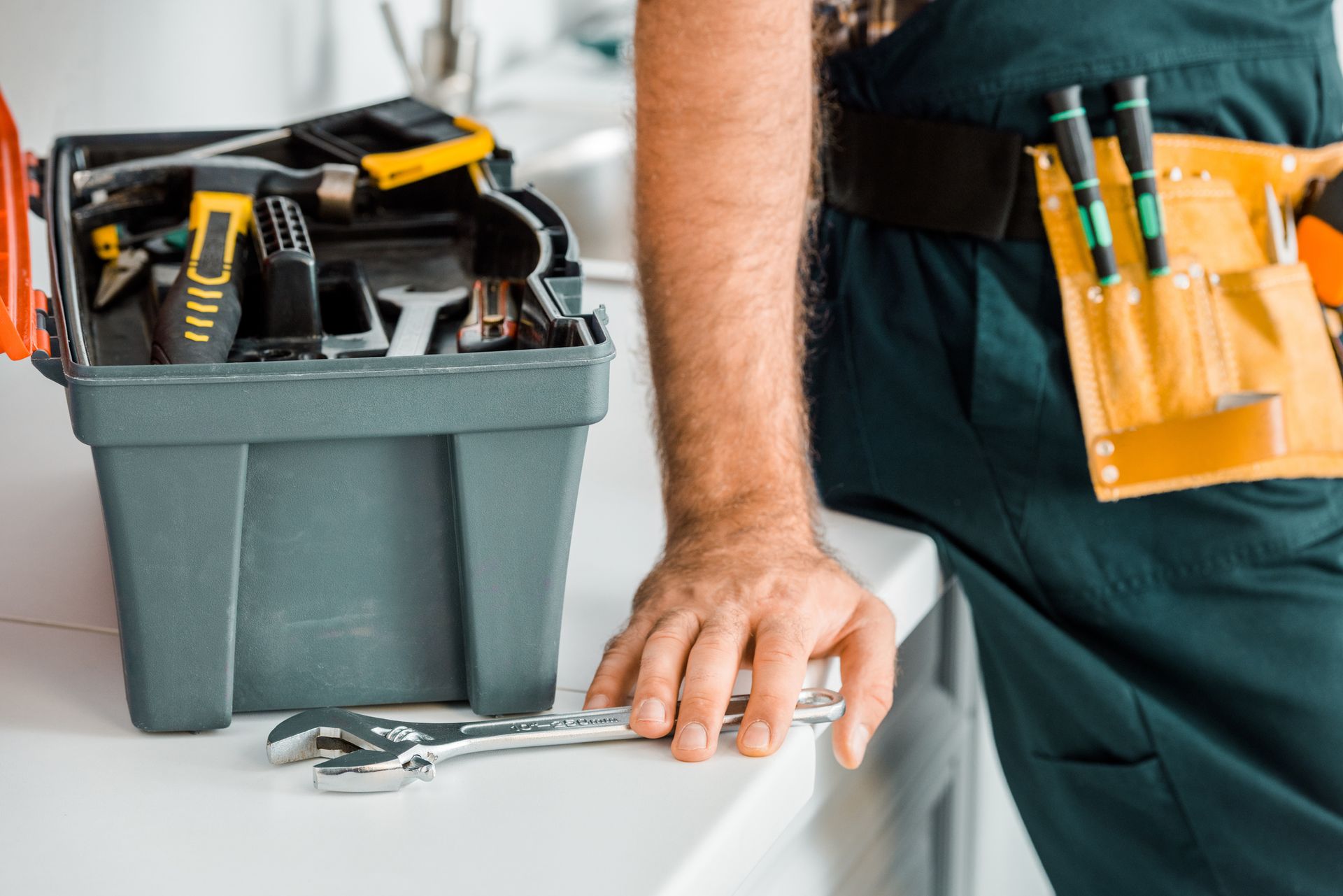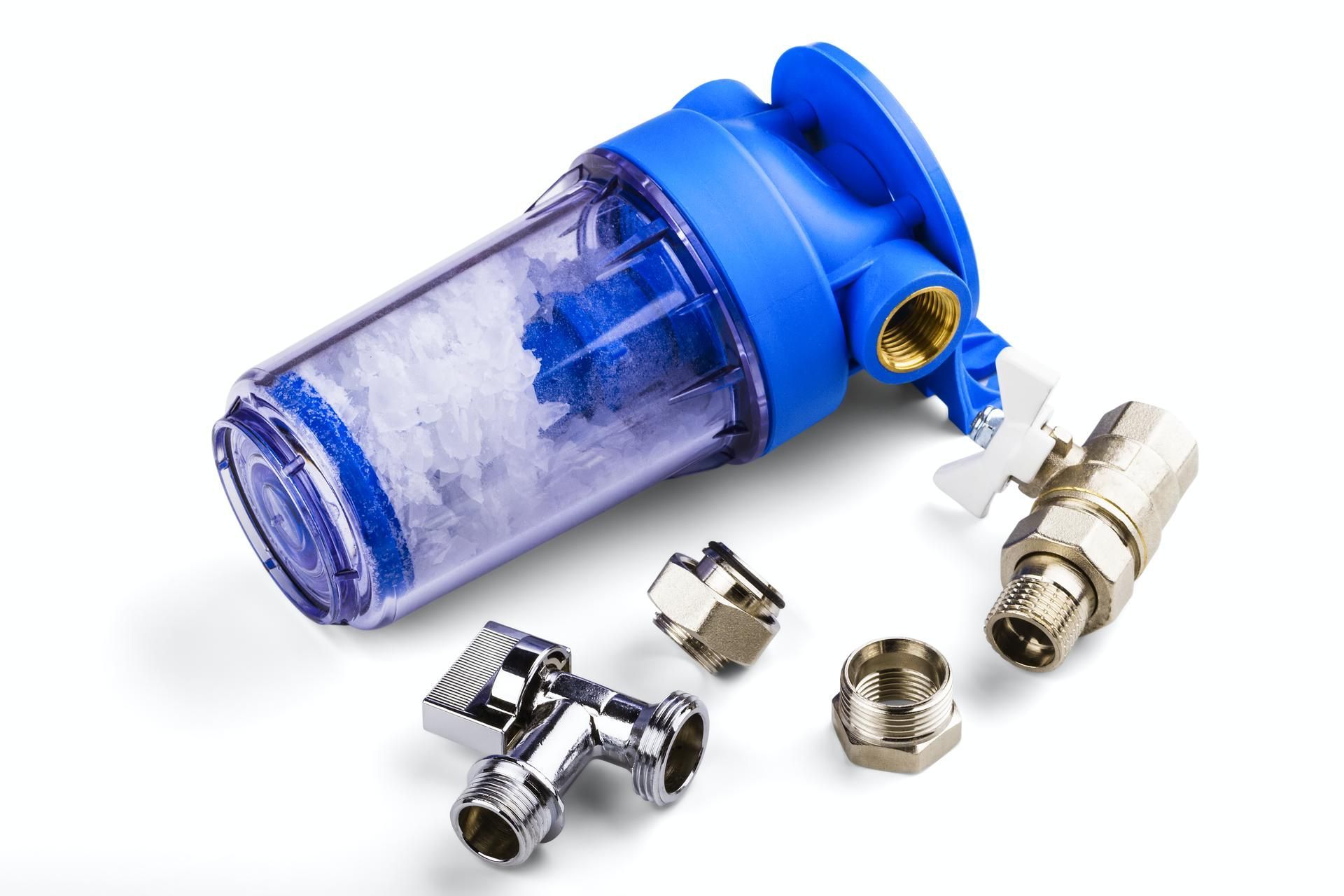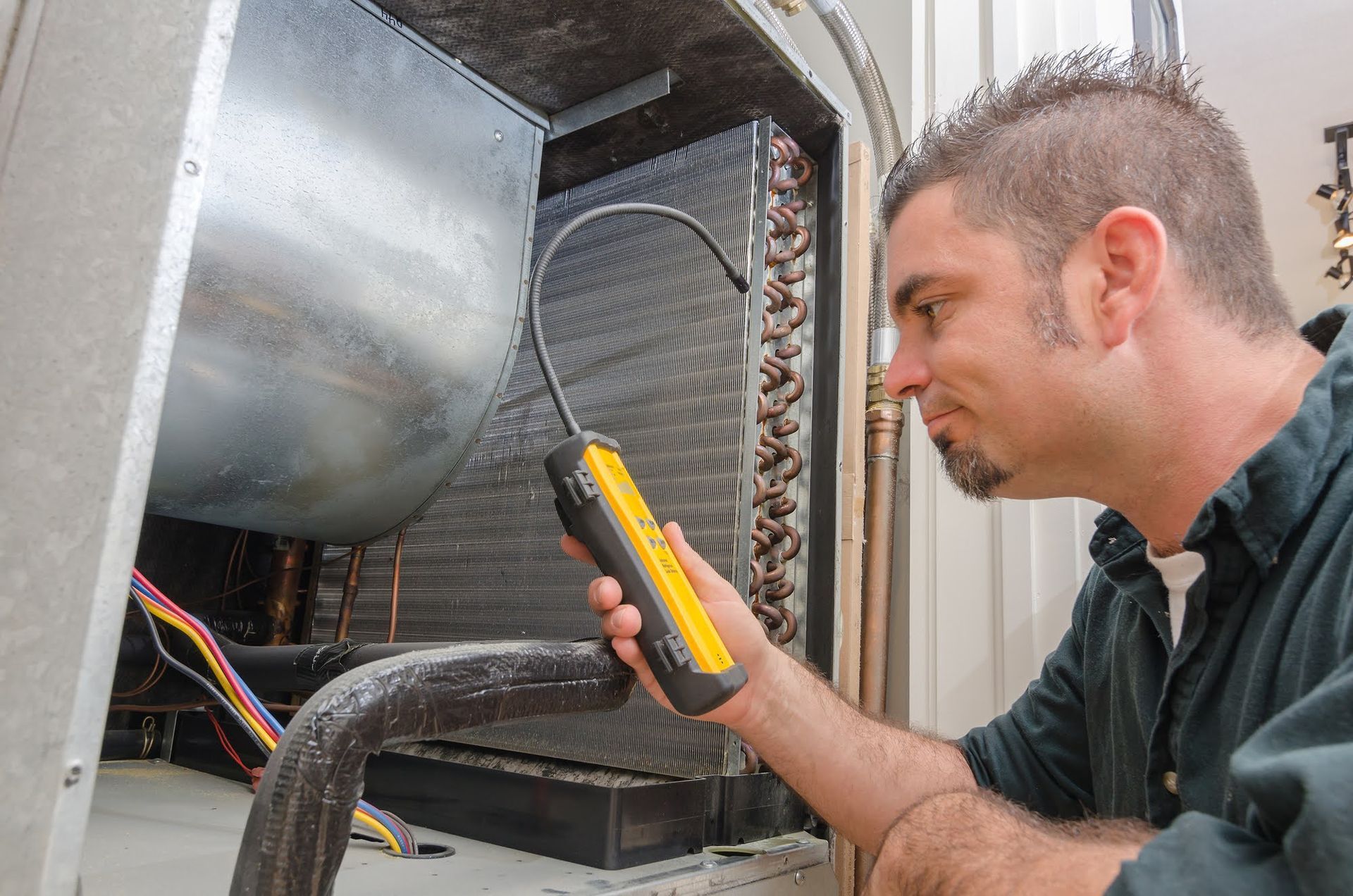Should You Replace Your Air Conditioner? Watch Out For These 6 Signs

A dependable air conditioner (AC) is a must-have appliance in the hot season, as it keeps your home cool and comfortable. However, even the most reliable air conditioner breaks down over time, and you need a new, energy-efficient model to enjoy cooler indoor temperatures. Check out the six signs below that indicate your AC system is close to its end.
1. No Cool Air
An AC system blowing warm air is among the most frustrating problems during summer. An unexpected drop-off in cool air is alarming, especially if you have to turn your thermostat lower than usual to enjoy a comfortable temperature.
A faulty compressor, low refrigerant levels, and clogged ductwork are among the reasons an air conditioner may be blowing warm air. If an HVAC technician finds that your AC unit is ailing from any of these issues, an upgrade is the best way to restore your home's comfort.
2. Old Age
An air conditioner's average lifespan is 10 to 20 years, depending on how often you use it. In sunny areas where the AC unit runs for most of the year, the lifespan reduces to around eight years.
If your system has run for over a decade, start preparing for a replacement. Modern AC units are incredibly energy-efficient and offer a great return on investment in the long run.
3. High Energy Bills
Most homeowners expect higher energy bills in the summer, but something may be wrong with your AC if your energy costs soar year by year. Older air conditioners are inefficient and use more energy to keep your home as comfortable as before. This reduced efficiency translates to expensive utility bills, which add up quickly the longer you run your air conditioner.
In contrast, a newer model with advanced technologies functions 40% more efficiently compared to a 10-year unit. When looking for a new AC system, check for high seasonal energy efficiency ratio (SEER) ratings and the Energy Star label for maximum savings on energy expenses.
4. Unusual Noises
While air conditioners make some noise during regular operation, banging, rattling, screeching, and other unusual sounds indicate a serious issue with your unit. Faulty fans, leaky refrigerant lines, broken compressors, faulty motor bearings, and loose belts are among the causes of unusual AC system noises.
If your HVAC technician finds several issues with the AC unit, an upgrade is a more cost-effective alternative to frequent repairs. Newer air conditioner models feature sound-dampening technology and make as much noise as a coffee maker brewing a pot of fresh coffee.
5. Poor Airflow
Sometimes, an air conditioner cools the air as required, but the air doesn't reach all areas of your home. Poor airflow has many causes, including a faulty AC compressor, damaged vents, clogged ductwork, and motor problems.
These issues often start minor before causing extensive damage to your air conditioning system. If the repairs become too expensive to manage, consider upgrading your old AC system with an efficient model.
6. Moisture Around the Unit and High Humidity
Your AC unit has an evaporator coil that removes moisture from warm air and redirects cool air into your house. If this moisture leaks from the air conditioner, you will notice large pools around your unit. Air conditioner wear and tear can also cause the coolant to leak, requiring urgent HVAC service because the fluid is hazardous to your family.
Over time, the evaporator coil becomes inefficient and no longer removes humidity from the air in your home as well as before. High humidity leaves your home feeling warmer than it is and encourages mold and mildew growth in the home or inside the AC system. A new air conditioner is your best bet against the sticky air quality of a humid interior.
Our cooling experts at Garden Spot Mechanical want you to stay comfortable throughout the year. If your AC system exhibits one or several of the signs above, it is time for an energy-efficient upgrade. Contact us today to get started.

